Course Description
CS 101: Introduction to Computer Science Unijos Lecture note, Number Systems, Python. provides a foundational overview of key computing concepts. This course introduces students to the fundamental principles of computer science, including hardware, software, programming, data structures, algorithms, and the societal impact of computing. It serves as an essential starting point for students pursuing further studies in computer science and related fields.
Course Structure
Introduction to Computing
- Definition and history of computers
- Classification of computers (analog, digital, hybrid)
- Basic computer components (input, processing, storage, output)
- Computer hardware vs. software
Computer Number Systems and Data Representation
- Binary, octal, and hexadecimal number systems
- Conversion between number systems
- Representation of characters and data using ASCII and Unicode
- Boolean logic and its applications
Computer Software
- System software vs. application software
- Operating systems: functions, types, and examples
- Utility programs and productivity software
- Software development life cycle
Programming Fundamentals
- Introduction to programming languages (low-level and high-level)
- Basic programming concepts: variables, data types, operators
- Control structures: loops, conditionals, functions
- Introduction to problem-solving and algorithms
Introduction to Data Structures and Algorithms
- Concept of data structures: arrays, lists, stacks, and queues
- Basic searching and sorting algorithms (linear search, binary search, bubble sort, insertion sort)
- Algorithm efficiency and complexity (Big O notation)
Introduction to Computer Networks and the Internet
- Basics of networking and communication
- Network topologies and protocols
- Internet and web technologies
- Cybersecurity and data privacy
Impact of Computing on Society
- Ethical considerations in computing
- Digital divide and accessibility
- Artificial intelligence and automation
- Emerging trends in technology
Learning Outcomes
By the end of this course, students should be able to:
- Understand the fundamental concepts of computer science and computing systems.
- Convert and manipulate data using various number systems.
- Differentiate between different types of software and their applications.
- Develop basic programming skills and apply problem-solving techniques.
- Understand fundamental data structures and algorithms for efficient computation.
- Explain the basics of networking, cybersecurity, and internet technologies.
- Analyze the societal and ethical implications of computing and emerging technologies.
Assessment Methods
- Exams and Quizzes: To assess theoretical knowledge and problem-solving skills.
- Programming Assignments: To reinforce understanding of coding and algorithm design.
- Projects: To apply concepts in real-world problem-solving scenarios.
- Class Participation: To encourage discussion and active learning.
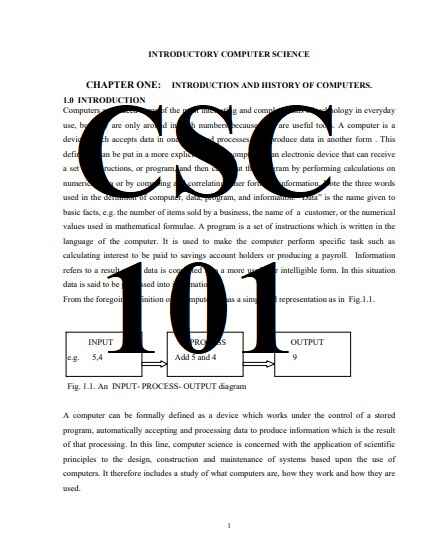

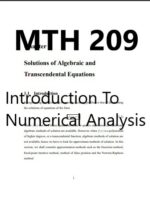
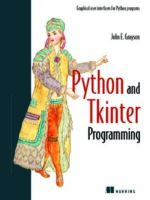

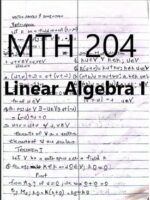
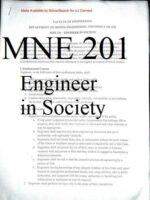


Be the first to review “CSC 101: Introduction to Computer Science”